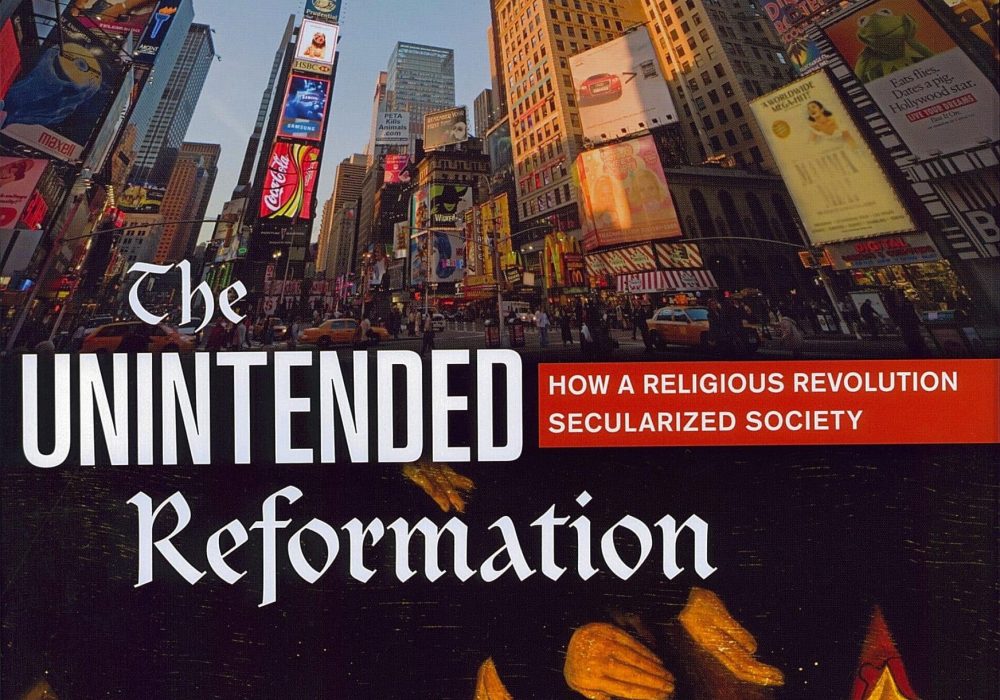Co-sponsored by the Department of History and The Early Modern Workshop
In his latest book, The Unintended Reformation, Brad Gregory identifies the unintended consequences of the Protestant Reformation and traces how it has shaped the modern condition. He argues that hyperpluralism, an absence of a shared sense of the common good, and the triumph of consumerism are each the long-term effects of a distinctive religious movement that marked the end of a period of history in which Christianity provided a framework for a shared intellectual, social, and moral life in the West.

